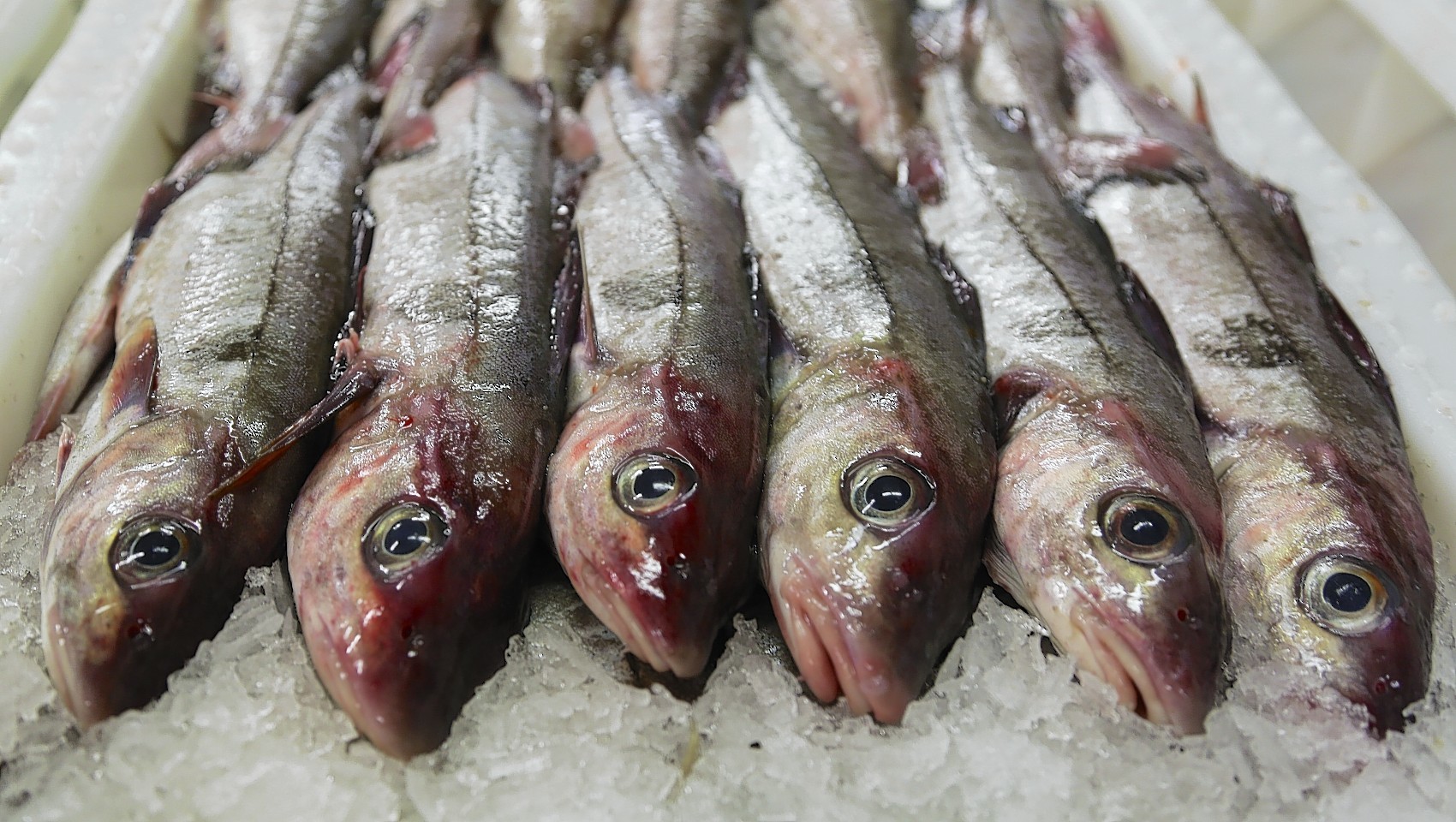Scottish fishing chiefs yesterday called for a conservation group to retract “false” claims about the state of North Sea and west coast haddock stocks.
The Marine Conservation Society (MCS) sparked controversy when it demoted haddock from Scottish fisheries from the “green” list in its Good Fish Guide, which advises consumers on which species to eat and avoid according to how healthy the stocks are.
Scottish Fishermen’s Federation chief executive insisted yesterday the haddock were caught responsibly.
He added: “MCS has completely misunderstood the position as far as haddock stocks are concerned and should withdraw its utterly misleading comments.
“The organisation is trying to alter consumer behaviour on completely false premises and should desist at once.
“Fish stocks are sustainable when the amount of fish caught is below the maximum sustainable yield (MSY, the largest catch that can be taken from a stock over an indefinite period without harming it).
“For haddock that has been the case since 2007 – and only last year advice from fisheries scientists at the International Council for the Exploration of the Seas (Ices) was for an increase in the catch of 30%.
“They then discovered that there had been an error in their assessments, corrected the statistical model and recommended a reduction in the catch of 45%, which was adopted.
“As a result, the fishery continues to be managed at sustainable levels, and the spawning stock for haddock will increase significantly next year.”
MCS moved to clarify its position in response to a perceived threat to the staple ingredient of most Scottish fish suppers.
A spokesman for the organisation said: “MCS has not called for haddock be taken off menus.
“MCS only actively asks this when a fishery or farming method is red rated (five). The new ratings for North Sea and west of Scotland haddock are three and four.
“The new ratings come after the latest scientific advice from Ices, which was released in November last year.
“This advice indicated that the levels of fishing that can be considered sustainable for this population are lower than previously thought, meaning a smaller proportion should be caught.
“This means that advice for catches in 2017 are 47% lower than originally advised for catches in 2016.
“Latest quotas have been reduced in line with this scientific advice, and the biomass is expected to significantly increase this year.”
He added: “Contrary to some suggestions, consumers should not expect to see a shortage of haddock in shops.
“A new assessment will be undertaken later this year, when new Ices advice becomes available, and if the health of the fishery has improved as expected, this will be reflected in MCS ratings.”
